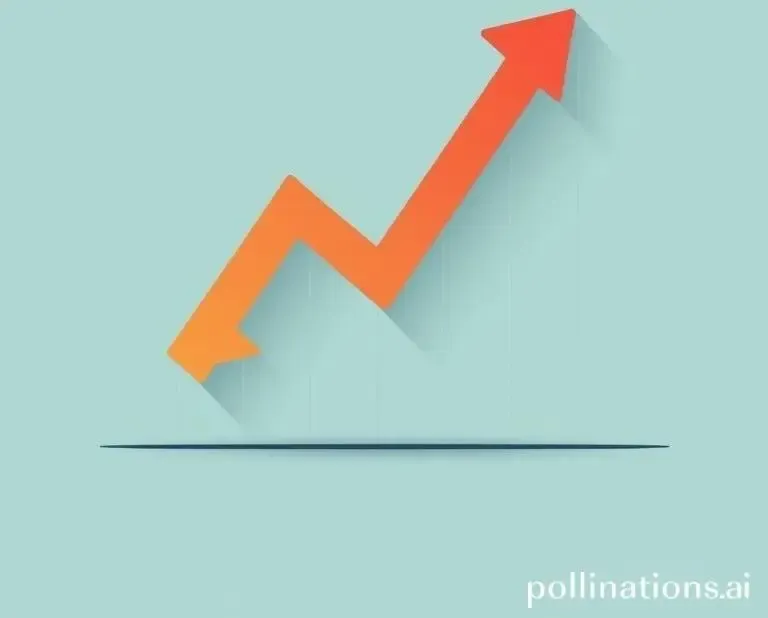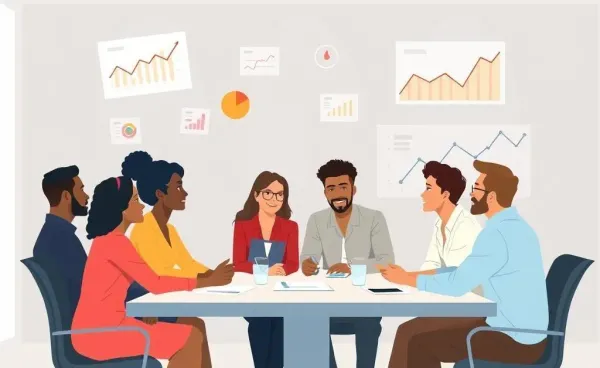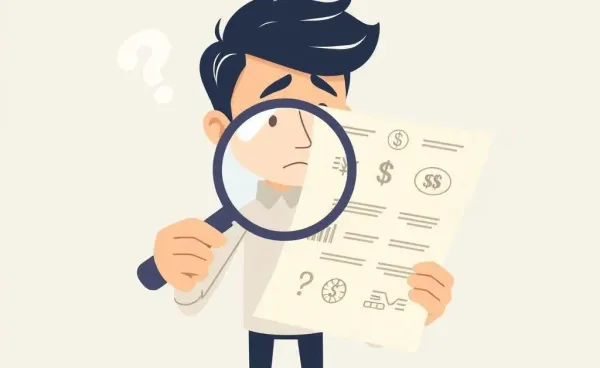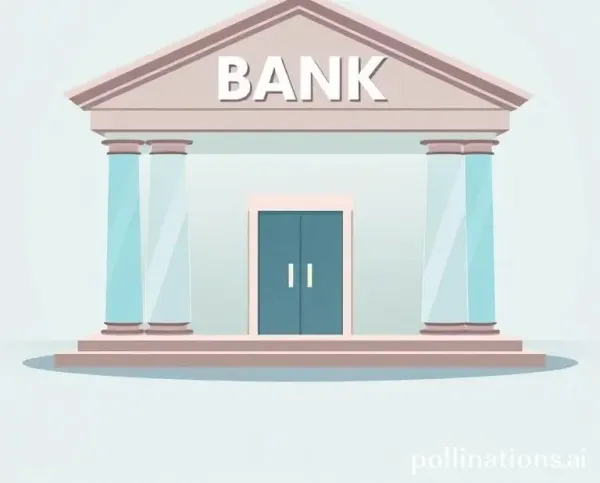Navigating Economic Changes: What Rising Inflation Means for You
Explore what inflation changes mean for your finances and how to adapt smoothly.

Have you ever found yourself caught in a conversation about the economy and wondered where you fit into all of it? It's like discussing the weather — always changing but often unpredictable. Yet, understanding the ebb and flow of the economy, particularly inflation, can empower you to make informed decisions in your everyday life. Let's dive into what these changes mean for you, especially when inflation redefines regular benchmarks.
What is Inflation and Why Should You Care?
Inflation might sound like a distant ominous cloud, but simply put, it's a measure of how prices of goods and services rise over time. You might remember the days when a coffee cost far less than it does now. Those rising prices aren't just a sign of nostalgia; they're a real-world example of inflation at work.
Impact on Your Daily Life
Sitting down with a friend over coffee — which now costs a dollar more than last year — you can't help but notice these creeping prices. How does this shift impact your life?
- Everyday Expenses: Groceries, dining out, and transportation may see noticeable differences in cost.
- Purchasing Power: The dollar in your pocket doesn't stretch as far, making it crucial to adjust spending habits.
- Savings and Investments: The other side of the coin is how inflation affects savings interest rates and investment returns.
Adapting to Change with Grace
Let's take a fictional tale of Alex, someone who used to manage their budget down to the last cent. Recently, however, Alex noticed that sticking to their usual plans just wasn't cutting it due to rising costs. What did Alex do?
Practical Tips from Alex’s Journey
Alex decided to tackle inflation head-on with these practical steps:
- Re-evaluating the Budget: Alex regularly updates their budget to reflect current price changes, ensuring no surprises at month-end.
- Seeking Investment Opportunities: Exploring low-risk investments provided a better hedge against inflation than a typical savings account.
- Embracing Minimalism: Focusing more on experiences than possessions helped Alex feel fulfilled without breaking the bank.
Where Do We Go from Here?
Adjusting to economic shifts can feel overwhelming, but with some thoughtful strategies, it becomes a navigable journey. By understanding what these changes mean for you, making small adjustments, and possibly even finding opportunities within the chaos, you'll be better prepared for tomorrow's uncertainties. So, next time you find yourself discussing the weather — or the economy — with a friend, you'll have a reassuringly insightful perspective to share.
How do you approach changes in economic conditions? Are there any new strategies you've embraced to maintain stability? Let's start a dialogue in the comments below!




